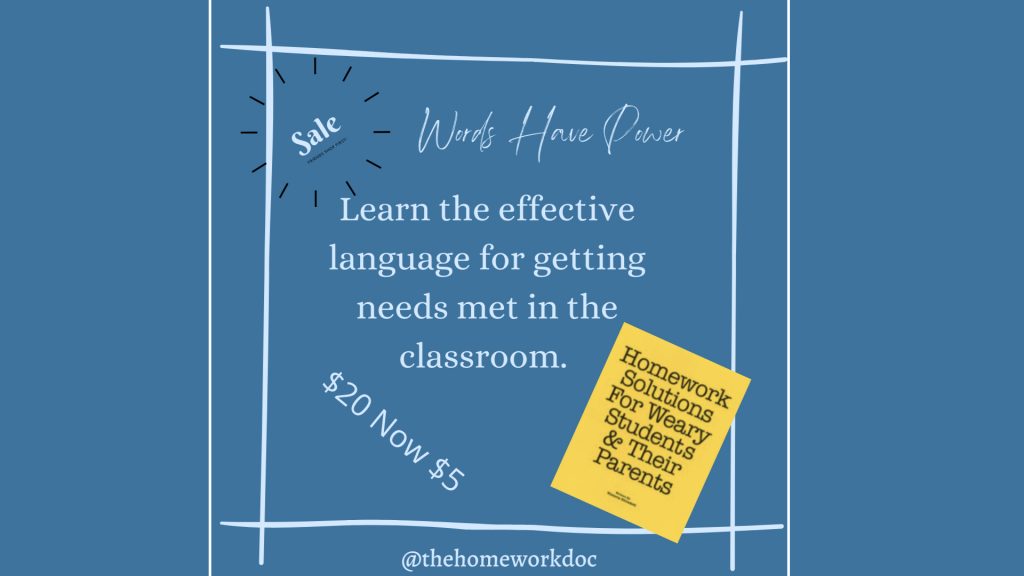It’s hard for students to get their needs met from their teachers if they don’t know how to ask for help. Those who have the courage to ask for help may ask it in a way that can be frustrating to their teachers. “I don’t get it!” are words that send shivers up the spines of teachers trying their hardest to help children learn new concepts.
“I don’t get it,” is a stress response.” When children get lost, they go to an ugly place. They judge themselves against their peers who appear to be getting it. This sets off the amygdala in their brain that immediately sends blood to their legs for a quick get away. There is little blood left in the prefrontal cortex to reason or figure out what they don’t know.
I was working with a second grader this week who had left some blanks on a comprehension piece. I asked him why he left it blank. He said, “I don’t get it.” I could see the stress he felt as he told me he couldn’t figure out the question. he puts a lot of pressure on himself to do things easily. His response didn’t give me enough information. And he couldn’t figure out what to ask when he was in the stress response. The first thing I asked of him was to take some deep breaths and I him again. He was still in the stressed response and said, “I don’t get any of it.”told him it was spelled “i-t.” He had to be prompted to find what he didn’t know. I went through each word in the question, and he was able to determine he did not know what one word meant. Once I could clarify the meaning of the word, he was able to answer the question. Offering a strategy allowed him to be really clear with the other problems he did not complete. In was question the word piece referred to the text, in order the setting referred to the location in which the story took place. To help him become independent, I asked that he look up setting in the dictionary. Once he did that, he was able to answer his own question.
It’s not important that students understand everything. What is important to know is how to ask questions that offer teachers enough information, so they can truly be of help. Hopefully, teachers will answer the questions without giving a direct answer, but offer strategies for independently solving the problem. This gives students confidence to take on the challenge if it appears in the future .
25 years ago, I found the number one challenge for students was not in asking questions, but asking ones that would empower them to eventually solve all their own challenges.
I spent a year compiling all the challenges students had in my third grade class and ones my former students experienced. We began collecting student generated solutions. Once children started looking at ways to solve their own challenges, they came up with things I had never thought of in my prior 27 years of teaching. It truly is the one reason my third graders were the one’s that thrived during covid. They saw the challenges as opportunities to do things differently.
The book we co-created entitled, Homework Solutions for Weary Students and Their Parents, has empowered hundreds of students with problem solving strategies that have not only helped them navigate their educational journey but also manage their career life. This book is packed with life skill strategies that my former students have sworn made the biggest difference in their education and careers. They will use them for years to come.
This link will allow you to take advantage of the December Sale for Subscribers on this book. It makes a great holiday gift and it’s only $5.00 plus shipping and handling for this month only. It is a $20 value.
How to Use It:
Read a problem a day and ask your children to come up with solutions and then read the ones other students came up with to help fill your children’s strategy backpack. If they have strategies, their stress will reduce and they will enjoy learning so much more.
Testimonials:
Homework Solutions for Weary Students and Their Parents presents a creative and innovative approach to help students, parents and teachers manage the “hornet’s nest” of homework. This practical workbook empowers students to manage materials and juggle the multiple demands of school. Students will benefit from unique strategies by gaining a better understanding of their learning style, advocating for themselves and ultimately taking charge of their academic achievement. This book is an excellent resource for anyone interested in the success of students.
-Kathy Coleman, MA Inclusion Coordinator Facilitatory/Mentor-“Schools Attuned”
This book is a goldmine of techniques from which students ages eight to eighteen can benefit.
– John Sullivan Assistant Head-The Pegasus School
